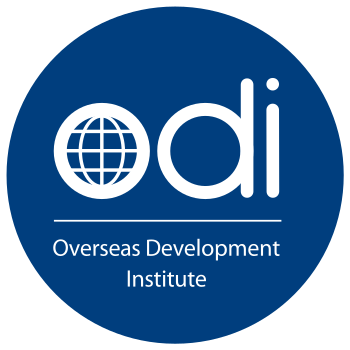“Adapting Development — Improving Services to the Poor” (ODI Report)
In a new report, “Adapting Development — Improving Services to the Poor” ODI (Overseas Development Institute) argues that if we are to avoid reproducing the pattern of uneven
progress that has characterised the MDG campaign, there must be more
explicit recognition of the political conditions that enable or obstruct
development progress.
The organization is therefore calling for a different approach to development to ensure further and faster progress and highlights three ways development organizations can support doing development differently.
1. Be politically smart and problem driven: This means tracking down problems, avoiding ready-made solutions and understanding what is politically feasible and possible.
In Nigeria, the U.K. Department for International Development has
supported the State Accountability and Voice Initiative. Unlike
traditional “demand-side” programs, SAVI chose not to provide grants to
civil society but rather to identify specific problems (such as
disability access in Lagos and control of corruption in Jigawa) and to
build genuine partnerships of like-minded and reform-committed actors,
from government and outside government, to take action on these
problems.
2. Be adaptive and entrepreneurial:
Because many development problems are complex and uncertain, allowing
for cycles of doing, failing, adapting and (eventually) getting better
results is key.
In a short film that
accompanies the report, ODI documents how three entrepreneurial
activists, with assistance from international nongovernmental
organization The Asia Foundation,
were able to support significant reform, resulting in a 1,400 percent
increase in residential land titling, and helping the poorest who had
previously risked losing their properties. This was achieved through an
entrepreneurial approach — one which tried multiple options, eventually
ending support to ideas that had less promise and focusing on those that
got traction.
3. Take action that is locally led: Change
is ultimately best led by those who are close to the problem and who
have the greatest stake in its solutions, whether this is central or
local government officials, civil society or private sector groups, or
communities themselves. While ownership and participation are often
namechecked in development, this has rarely resulted in change that is
genuinely driven by individuals and groups with the power to influence
the problem and find solutions.
